Medical Cannabis in the UK – Everything You Need to Know
Medical Cannabis in the UK – Everything You Need to Know

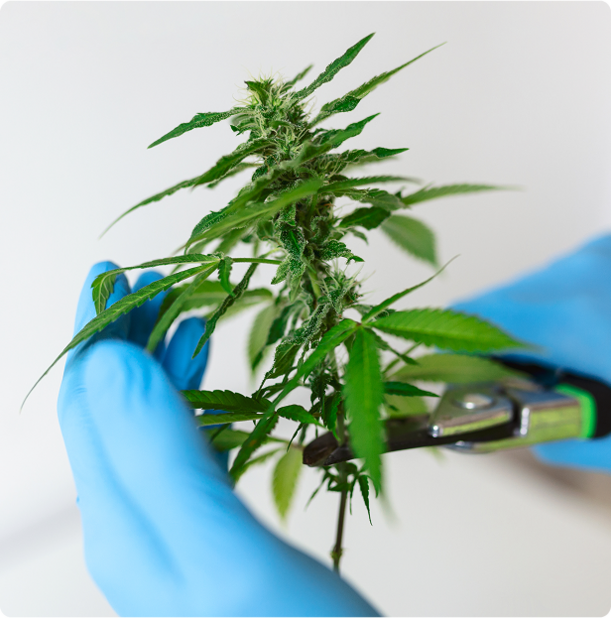
What Is Medical Cannabis?
Medical cannabis is a broad term for any cannabis-based medicine used to relieve symptoms and treat medical conditions. These medicines contain cannabinoids (active compounds from the cannabis plant like THC and CBD) formulated to have therapeutic effects. Unlike recreational cannabis, medical cannabis products are taken under the guidance of healthcare professionals and at controlled dosages to manage specific health issues. They come in regulated forms such as oils, oral sprays, capsules, or vaporizer formulations – rather than an unregulated smoked product.
Easily compare top medical cannabis products from trusted UK pharmacies — all in one place.
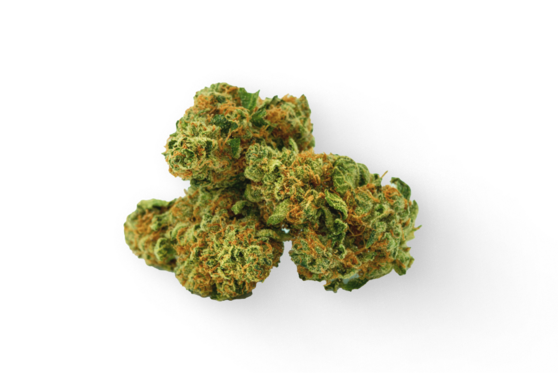
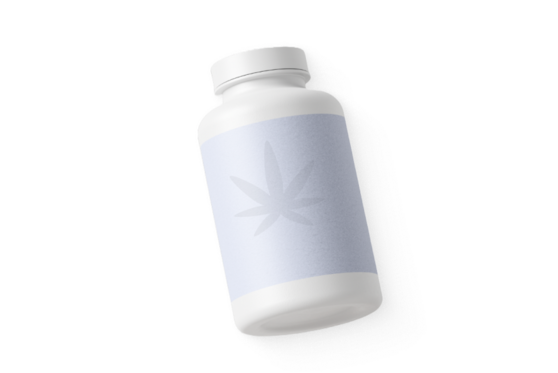
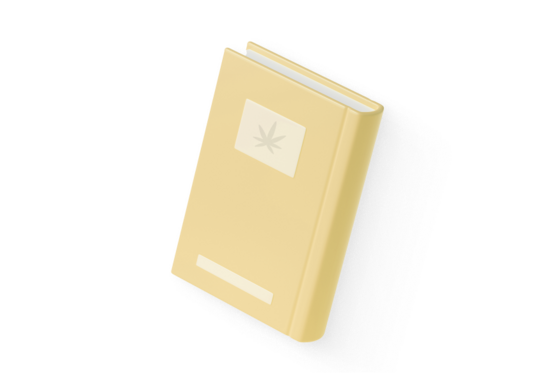
How Medical Cannabis Works in the Body
Medical cannabis works by interacting with the body’s endocannabinoid system (ECS) – a vast network of receptors and chemical signals that helps regulate many critical bodily functions (including pain sensation, mood, memory, appetite, immune response, and more). The cannabis plant contains cannabinoids (primarily THC and CBD) that can bind to these cannabinoid receptors in our brain and body.
The ECS has two main types of receptors: CB1 receptors, which are abundant in the brain and central nervous system, and CB2 receptors, found mostly in the immune system and peripheral tissues. Our bodies naturally produce “endocannabinoid” molecules (like anandamide) that bind to these receptors to maintain balance in various processes THC (Δ⁹-tetrahydrocannabinol), the primary psychoactive component of cannabis, can bind to CB1 receptors in the brain, mimicking our endocannabinoids. By activating CB1, THC can modulate neurotransmitters and reduce pain signals, ease nausea, stimulate appetite, and affect mood and perception. These effects explain why THC-rich cannabis may help symptoms like chronic pain or poor appetite – but THC is also what causes the cannabis “high” at the same time.
CBD (cannabidiol), another major cannabinoid, works a bit differently. CBD does not strongly bind CB1 receptors, so it does not make you feel high and tends to mitigate psychoactive effects. Instead, CBD influences the ECS indirectly – for example, by boosting our natural endocannabinoids or binding other receptor types related to anxiety and inflammation. This is why CBD can confer medical benefits (such as reducing seizures or anxiety) without intoxication. In essence, medical cannabis leverages these cannabinoid interactions with the ECS to restore balance in the body. By carefully adjusting the THC/CBD content for each patient, doctors aim to maximize symptom relief (like pain reduction, muscle relaxation, or seizure control) while minimizing side effects.

Cannabis-Patient Online
Cannabis-Rezept online sichern – schnell und ohne Umwege


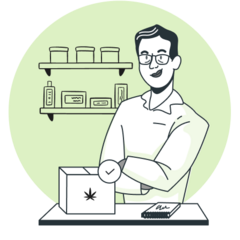
"Signing up was easy, and I got a consultation in under 15 minutes!"
Olivia Martinez
College Student
"The doctors were professional and answered all my questions thoroughly."
David Thompson
Patient
"Affordable and convenient. I'll definitely use this again."
Michael Chen
Parent
"The follow-up care was excellent. Really impressed with the service."
Jessica Miller
Healthcare Worker
"My prescription was ready at my pharmacy before I even finished the call!"
Robert Wilson
Retired

Is Medical Cannabis Legal in the UK?
Yes, medical cannabis is legal in the UK under specific conditions. In November 2018, the UK government changed the law to allow doctors on the specialist register to prescribe cannabis-based products for medicinal use in humans. This regulatory change moved certain cannabis products from Schedule 1 (no medical value) to Schedule 2 of the Misuse of Drugs Regulations, creating a legal route for prescribing. In short, since 1 November 2018 there has been a framework for specialist doctors to prescribe medical cannabis to patients with “exceptional clinical need”.
However, this does not mean cannabis is generally legal. Cannabis remains a Class B controlled substance in the UK, and recreational possession or use is still illegal with the same penalties as before. Only cannabis-based medicinal products that meet the government’s definition are permitted. The law tightly defines a “cannabis-based product for medicinal use” as one that is produced for medical use in humans and is a medicinal product or ingredient of one. Any cannabis product outside this definition (for example, raw herbal cannabis not prescribed, or street cannabis) remains a Schedule 1 drug – illegal to possess or supply. Notably, smoking cannabis (even for medical purposes) is explicitly prohibited under the regulations, so legal medical cannabis is provided in non-smokable forms like oils, capsules, or sprays.



Therapeutic Uses of Medical Cannabis
Medical cannabis has generated interest for a range of therapeutic uses, though its effectiveness varies by condition and is still being studied. Below we cover several key areas where cannabis-based therapies are being used or researched: chronic pain, anxiety disorders (including PTSD), epilepsy, cancer-related symptoms, and multiple sclerosis. In each of these, certain patients have experienced symptom relief from cannabinoids – leading doctors to consider medical cannabis, especially when conventional treatments don’t provide adequate results. It’s important to note that evidence levels differ: some uses are backed by robust clinical trials (e.g. epilepsy), while others rely on smaller studies or patient-reported outcomes (e.g. PTSD). Medical cannabis is not a cure-all, but it can be a valuable therapeutic option in specific contexts.

Online Cannabis-Rezept – Kosten und mögliche Erstattungen


Hybrid
Big Purple Dragon
€39,45 · 5 Grams

Sativa
Ghost Train Haze
€41,05 · 5 Grams

Indica
Mango Kush
€44,05 · 5 Grams

Hybrid
SOMAI 25:1 Extrakt
€138,00 · 30 ml

Hybrid
Orange Cake
€59,90 · 5 Grams

Hybrid
Supreme Diesel
€54,45 · 5 Grams
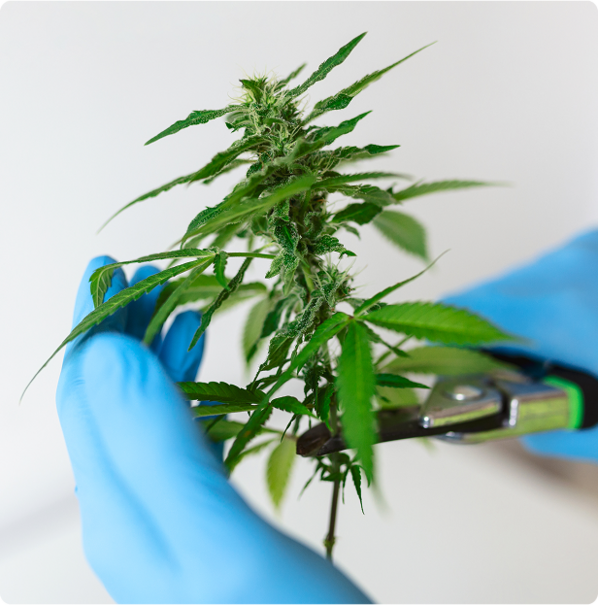
Online Cannabis-Rezept – Kosten und mögliche Erstattungen
Online Cannabis-Rezept – Kosten und mögliche Erstattungen

What conditions qualify for a medical cannabis prescription in the UK?
Can I get medical cannabis on the NHS, or do I have to go private?
Is CBD oil the same as medical cannabis?
Will medical cannabis get me “high”?
What are the side effects of medical cannabis?
Can any doctor prescribe medical cannabis?
Sources of information:
NHS – Cannabis-based medicines: https://www.nhs.uk/conditions/medical-cannabis/
Misuse of Drugs Regulations 2001 (as amended): https://www.legislation.gov.uk/uksi/2001/3998/contents/made
UK Government Guidance – Cannabis-based products for medicinal use: https://www.gov.uk/government/publications/cannabis-based-products-for-medicinal-use
NICE Guideline NG144 – Cannabis-based medicinal products: https://www.nice.org.uk/guidance/ng144
BMJ – Cannabinoids for chronic pain: systematic review and meta-analysis: https://www.bmj.com/content/374/bmj.n1034
British Journal of Pharmacology – The endocannabinoid system and its therapeutic exploitation: https://bpspubs.onlinelibrary.wiley.com/doi/10.1111/bph.12944
European Journal of Pain – Cannabis-based medicines and their potential for treating pain and spasticity in MS: https://onlinelibrary.wiley.com/doi/full/10.1002/ejp.1505
Frontiers in Psychiatry – UK Medical Cannabis Registry (PTSD, anxiety, pain): https://www.frontiersin.org/articles/10.3389/fpsyt.2022.858512/full
New England Journal of Medicine – Cannabidiol in Dravet Syndrome: https://www.nejm.org/doi/full/10.1056/NEJMoa1611618
The Lancet Neurology – Cannabidiol in Lennox-Gastaut syndrome: https://www.thelancet.com/journals/laneur/article/PIIS1474-4422(19)30229-3/fulltext
Cancer Research UK – Cannabis, cannabinoids and cancer: https://www.cancerresearchuk.org/about-cancer/cancer-in-general/treatment/complementary-alternative/therapies/cannabis
Drug Science – Project Twenty21: https://www.drugscience.org.uk/t21/
MHRA – Guidance on unlicensed cannabis-based medicines (“specials”): https://www.gov.uk/drug-safety-update
© 2026 DrAnsay.

